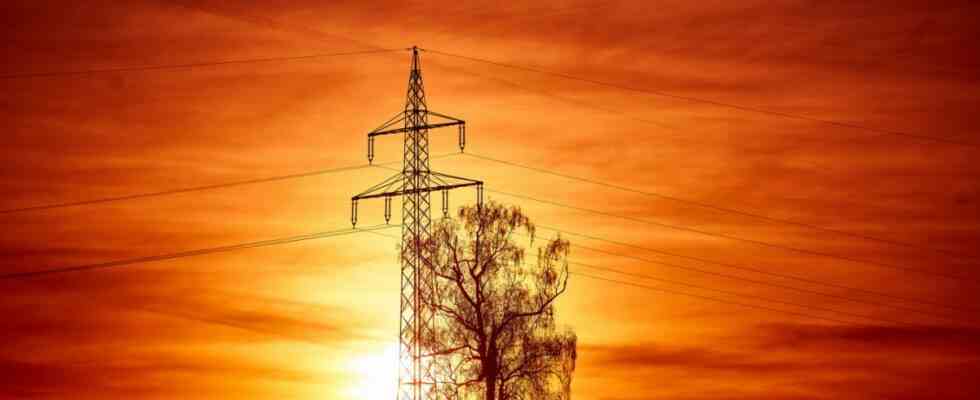In the fight against high electricity prices, the EU Commission is proposing to reduce consumption and cap the lavish profits from cheap power plants. In turn, governments could use the profits skimmed off to support poor households in a targeted manner, in the form of subsidized social tariffs for electricity or through direct aid payments. These suggestions can be found in a 23-page discussion paper with which the Brussels authority is preparing a special meeting of EU energy ministers on Friday next week. Of the Süddeutsche Zeitung the document is available.
Commission President Ursula von der Leyen announced at the beginning of the week that her authority would soon present what she called an “emergency instrument” against the high prices. Proposals for a far-reaching, long-term reform of the electricity market are to follow at the beginning of next year. The discussion paper analyzes the advantages and disadvantages of different options for a quick fix.
The preferred model of the authority therefore has three pillars. First, EU governments should give citizens and companies incentives to cut consumption. The Commission could set concrete targets for savings, either as a recommendation or even mandatory for Member States. The approach to gas is a model. In July, the authority formulated the goal of reducing consumption by 15 percent.
If demand falls in this way, this should also dampen the price. It has risen rapidly for months, parallel to the gas quotation. This is because the price on Europe’s energy exchanges is based on the cost of the most expensive power plant needed to meet demand. This mechanism is not uncommon in markets. And the plants with the highest costs are the gas-fired power plants. At the same time, this stock exchange price brings huge profits to cheap green, nuclear and coal electricity providers.
The model of Spain finds no mercy
This is where the second pillar of the EU plan comes in: the governments could set a price cap for these cheap electricity suppliers. If the stock market price is higher – as it is now – the government would skim the difference; the cheap power plants would have to give up part of their turnover. The Commission advises setting the level of this cap uniformly across the EU in order to avoid distortions in the internal market. Governments could use the proceeds to support consumers and small and medium-sized businesses who are struggling with energy prices. That should be the third pillar.
The Commission is also examining other approaches – for example the model of the Spanish and Portuguese governments. They reimburse gas-fired power plants part of the cost of purchasing the expensive raw material. This lowers the price of electricity that operators need to be profitable – and thus the exchange price for electricity. However, the authority advises against EU-wide implementation, partly because of the high costs for taxpayers.

